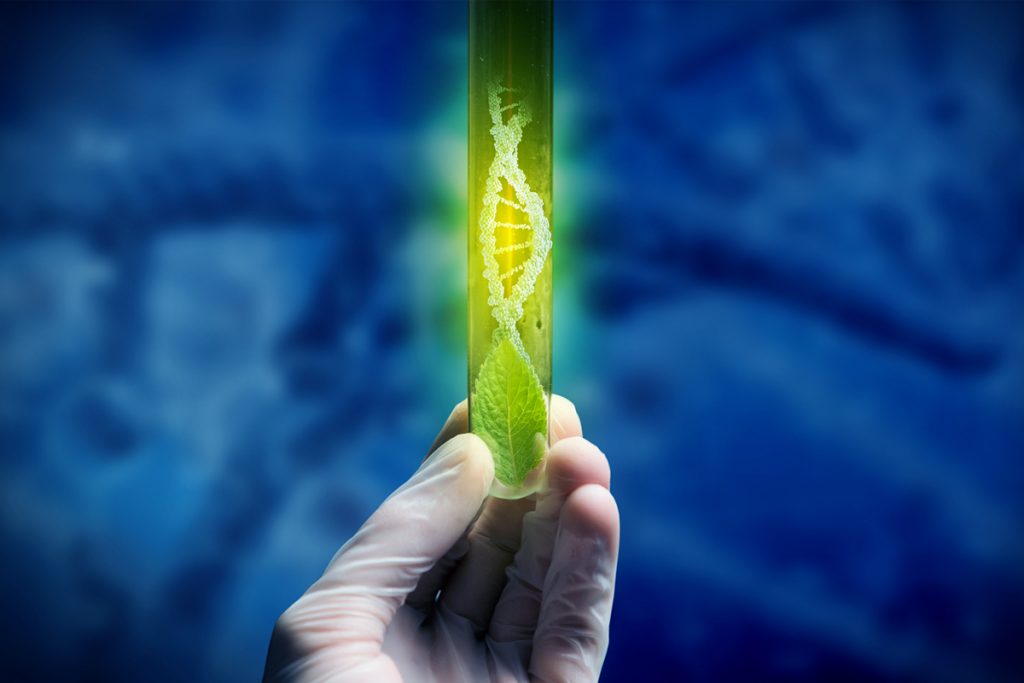- Research
-
YOU ARE
- Community member
- Future Student
- Student
- Professor
- Alumni
- Media
- Guidance counsellors
- INRS retiree
- Contact Us
- Newsroom
- Careers
- FR
-
Studies
We teach the next generation of researchers to develop scientific, social, and technological innovations.
-
Research
We find solutions through interdisciplinary research and industry or public and community partnerships.
-
INRS
We play an active role in Québec's economic, social, and cultural development.
INRS Professor Valérie Langlois and a team of Canadian researchers will analyze and create genomics-based analytical environmental DNA tools in the context of climate change.

Environmental DNA (eDNA) can provide non-destructive, rapid, cost-effective and accurate biodiversity information. This genetic material shed from organisms into their environment can help Canadian communities, Indigenous peoples, industries and regulators manage natural resources with timely and relevant information regarding risk and impacts of human activities.
Professor Valérie Langlois of the Institut national de la recherche scientifique (INRS) will lead the iTrackDNA: Non-Destructive Precision Genomics for Environmental Impact Tracking in a Global Climate Change Era project. Along with Caren Helbing (University of Victoria, Jérôme Dupras (Université du Québec en Outaouais) and Louis Bernatchez (Université Laval), they will build end-user capacity through innovative, accessible and socially responsible genomics-based analytical eDNA tools.
Improved Management
“By 2025, eDNA will undoubtedly become a mainstream assessment tool as many countries start investing in eDNA technology,” highlights Valérie Langlois, specialist in ecotoxicogenomics.
Valued at more than $12 million, this pan-Canadian collaborative project will support sound decision-making to support ecological surveys for species-at-risk monitoring; invasive species management; and granting permits and permission for energy, mining, forestry, manufacturing and infrastructure projects.
“The iTrackDNA project is poised to help Canadians reach high environmental quality standards and position Canada as an international leader on eDNA standards adoption, policy development and testing.”
Valérie Langlois, scientific head of the Ecotoxicogenomics and Endocrine Disruption Laboratory
“iTrackDNA is about enabling confident use of eDNA methods by professionals and citizen scientists alike,” explains Dr. Caren Helbing, Professor of Biochemistry & Microbiology at the University of Victoria. “It’s a game changer for environmental surveys and resource management.”
This project was funded through Genome Canada and Genome Québec’s 2020 Large-Scale Applied Research Project Competition: Genomic Solutions for Natural Resources and the Environment.
Decontaminating wastewater
In addition to iTrackDNA, INRS is involved in the project “Application of genomics to enhance wetland treatment systems for remediation of processed water in northern environments“. The project, in which professors Étienne Yergeau and Jérôme Comte are participating, aims to decontaminate wastewater from oil sands operations by using filtering wetlands where plants will interact with microbes to degrade contaminants.
You may also like
Share



